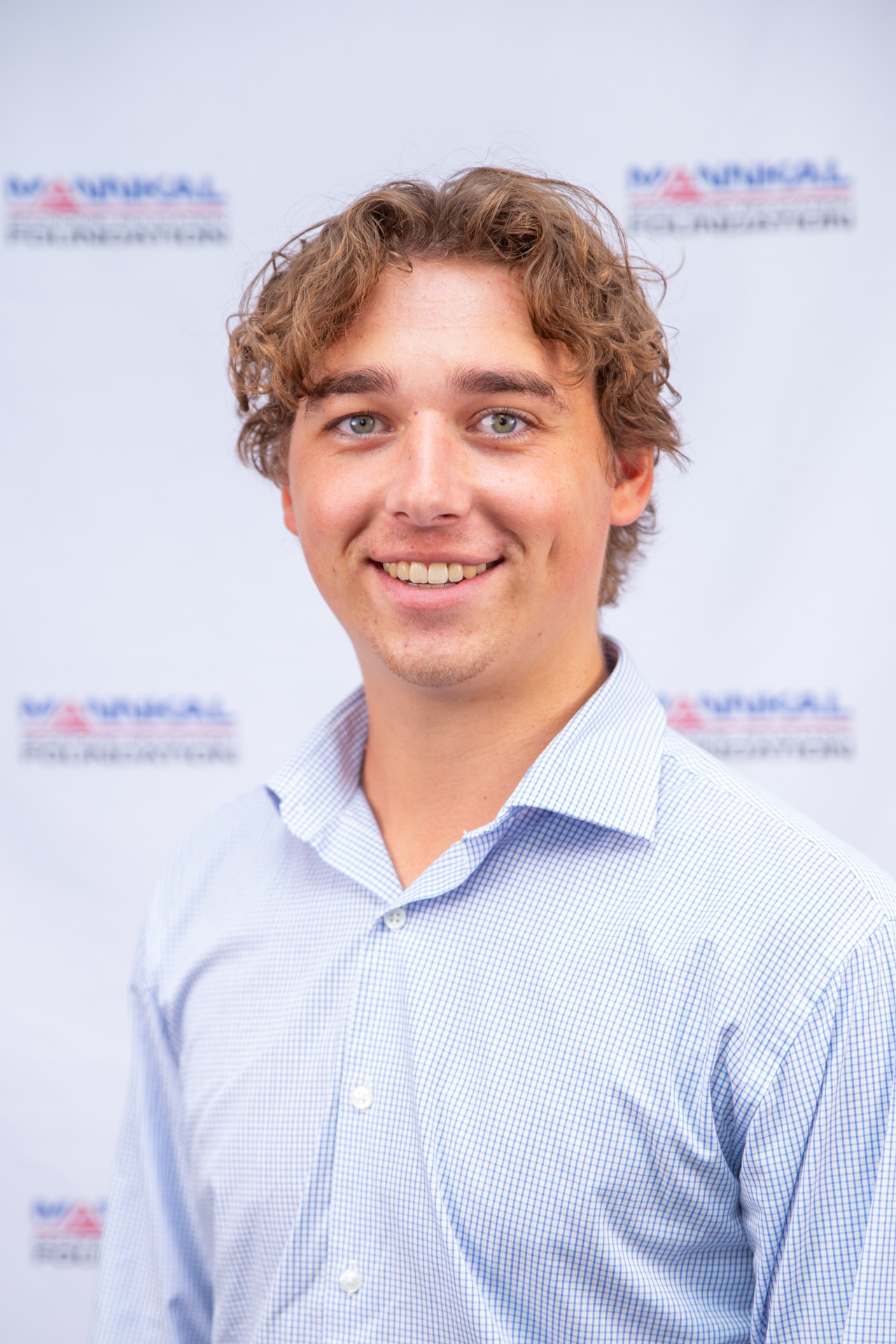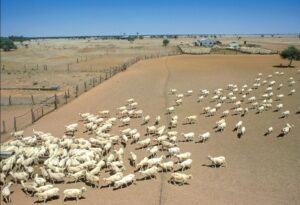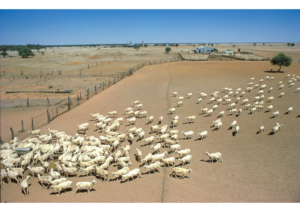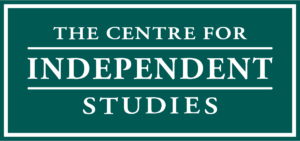As I settle back into the routine of life here in Perth, I find myself reflecting on a trip that has been both exciting and insightful. Thanks to Mannkal Economic Education Foundation, myself and three other scholars had the privilege of spending an enriching three weeks with the Free to Choose Network at Capitaf and the American Institute for Economic Research (AIER). Personally, the knowledge I have gained during my time in the United States has instilled in me a greater appreciation for free-market economics and the rich history classical liberalism has within the Western tradition.
Our first week in the United States was spent near the small Vermont town of Fairlee at Milton and Rose Friedman’s Capitaf. The house was formerly the Nobel prize-winning economist and his wife’s summer home and is situated in the pristine New England countryside. It is here, that following the success of Milton’s book, Capitalism and Freedom, that Milton and Rose wrote their bestselling work, Free to Choose. This book was written to accompany Milton’s 1979-80 documentary, Free to Choose.
“I’ve never yet known anybody who was trying to defend a government program
who didn’t say that all its evils came from the fact that it wasn’t big enough.”
– Milton Friedman
Our mornings would be spent learning about and discussing Milton and Rose’s ideas around social security, education, taxation and personal and governmental responsibility put forward in their two books. Our afternoons would be spent exploring the beautiful surrounds, including hiking peaks, exploring streams, waterfalls and the beautiful property.



Left: View from Capitaf; Centre: Human Pyramid outside Dartmouth College; Right: Waterfall near Fairlee
We were fortunate enough to visit a local maple syrup farm and the nearby Ben and Jerry’s factory. We also enjoyed a brilliant day visiting Dartmouth College and the beautiful old town of Hanover. On our final day at Capitaf we were transported back in time to the late nineteenth and early twentieth century exploring the childhood home and summer residence of the thirtieth president of the United States, Calvin Coolidge. Here we learned about his upbringing as well as his unique inauguration and laissez-faire approach to economics and governance.
Our final fortnight was spent at the free market think tank, AIER in the stunning Berkshires, near the small town of Great Barrington, Massachusetts. In our brief time there we learned how to advance our data and statistical analysis skills as well as the benefits and detriments of artificial intelligence. My independent work consisted of writing a paper on the Australian government’s ban on live exports by 2028 and the impacts it would have on rural communities and dependent industries. We were also fortunate enough to spend a weekend at historic Cape Cod as well as a day exploring Boston and the Freedom Trail. Naturally, 4th of July celebrations were a blast, celebrating the best of American culture alongside our new American friends.
Finally, I would like to thank Mannkal and CERI for this amazing opportunity. Drawing from my experiences in the United States, it is clear that government can either inhibit or foster entrepreneurship and innovation. In line with both CERI and Mannkal’s missions, reducing regulatory burdens and promoting job dynamism by integrating classical liberal principles can nurture a vibrant entrepreneurial ecosystem in Australia. For instance, my research into Australia’s agricultural sector revealed the historical and continual innovations of our regional communities. From the header and sunshine harvesters to Ridley’s Stripper, air seeders, the ute and the wool press, Australians have revolutionised farming on so many fronts. By enhancing entrepreneurship through streamlining the regulatory process, removing barriers to entry, expanding access to capital and tax reforms, Australia can not only transform current industries, but diversify industries and drive economic growth through job creation and increased productivity, thereby boosting our global competitiveness.
This invaluable experience has definitely served to craft me into a more well-rounded individual as well as deepening my appreciation for free market economics. It has highlighted the gravity with which we must approach national discourse around preserving the liberties which have so significantly shaped our society – so that generations to come may enjoy these achievements that have been so hard won. Thus, this experience has given me renewed vigour to contribute to positive change in Australia in a meaningful way – taking our stewardship seriously and advancing the legacy of liberty we have inherited.






